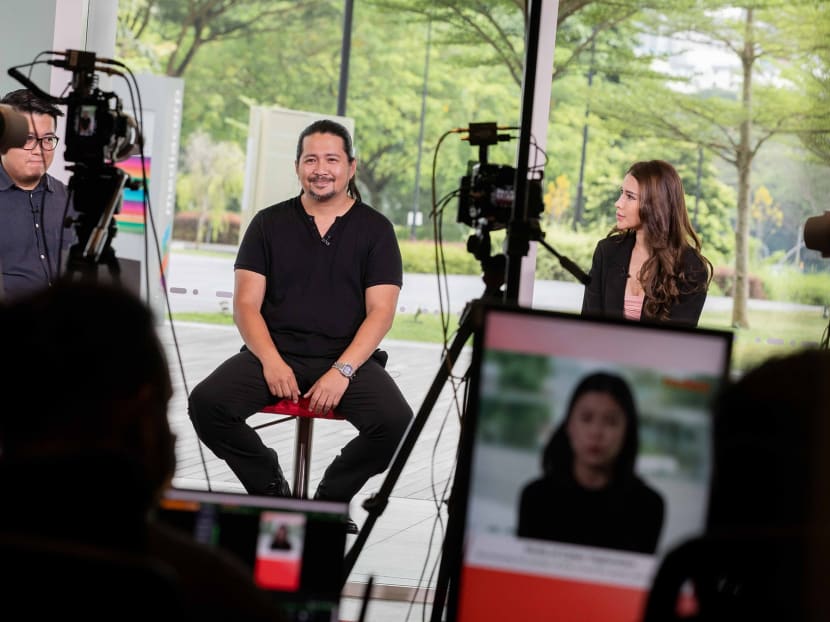Cyber vigilantism can be used for good, say panellists at TODAY’s Instagram Live webinar series
SINGAPORE — The question was raised on whether the cancel culture phenomenon, as a form of vigilantism or the popular practice of shaming someone, will bring more harm than good to people’s reputation and livelihoods.

Ms Jade Rasif (right) recalled how she had once been a victim of cyber vigilantes when she was 16 years old. She was joined by criminal defence lawyer Josephus Tan (centre) and TODAY correspondent Ng Jun Sen (left) for the second of four instalments of TODAY’s lunchtime webinar.
- The lunchtime webinar is part of TODAY’s Instagram Live series
- Panellists said cancel culture can cause a dent in an individual’s reputation and livelihood
- Cyber vigilantism can be used for good, they said
SINGAPORE — The question was raised on whether the cancel culture phenomenon, as a form of vigilantism or the popular practice of shaming someone, will bring more harm than good to people’s reputation and livelihoods.
It was rigorously discussed on Thursday (Nov 19) by three panelists at TODAY’s second lunchtime webinar, titled “Perils of cyber vigilantism: Harnessing the power of the crowd for good, and not for harm”.
Social media personality Jade Rasif cited well-known author JK Rowling as an example of someone whose reputation has been hit by the cancel culture, for making comments that were deemed offensive to transgender people.
“Whether or not we should be holding public figures accountable, I think we should. But whether or not we should then take the extra step to harass them or their family, definitely not,” she said.
Ms Rasif, who was joined by criminal defence lawyer Josephus Tan and TODAY correspondent Ng Jun Sen for the second of four instalments of TODAY’s lunchtime webinar, recalled how she had once been a victim of cyber vigilantes when she was 16 years old.
This was after a photo of her and her then-boyfriend clad in school uniform, “doing what kids do at 16 years old” on the MRT, went viral.
“That was my first experience of being 'CSI-ed'. It did not feel good... for a 16-year-old girl to feel like the whole internet is against her,” she said.
Mr Tan, who is the managing director of Invictus Law, noted that the cancel culture can sometimes lead to mob justice — where a group of people take the law into their own hands in order to hurt a person accused of wrongdoing.
Mr Ng referred to the case of a self-employed man who was jailed three weeks in 2015 for slapping teenage blogger Amos Yee as an example of this.
He said that the problem with the cancel culture is when the vigilantes decide to shame public figures online not because they want to fight for injustice but because they disagree with certain things.
“I think there’s something that’s not right about that… because of a disagreement, someone should be subjected to such a harsh treatment by online vigilantes,” Mr Ng said.
“I would argue that the cancel culture is a sign of the times, it’s a sign of changing social mores and because of that, should we all as public figures then be politically correct at all times? Is this the right way of social media engagement?”
The case of National University of Singapore undergraduate Monica Baey, who spoke out about her ordeal when she caught a voyeur taking a video of her while she was showering, is an example of how cyber vigilantism can be a force for good, Mr Tan said.
When Ms Baey raised the injustice she faced, many Singaporeans rallied behind her.
In response to a question on whether the power of cyber vigilantism can be used for good, Mr Ng agreed, adding that anyone who engages online can take a “kinder and constructive” stance.
“Know what we are talking about before putting our statements out there, because we are all accountable for what we say – anonymous or not,” he said.











